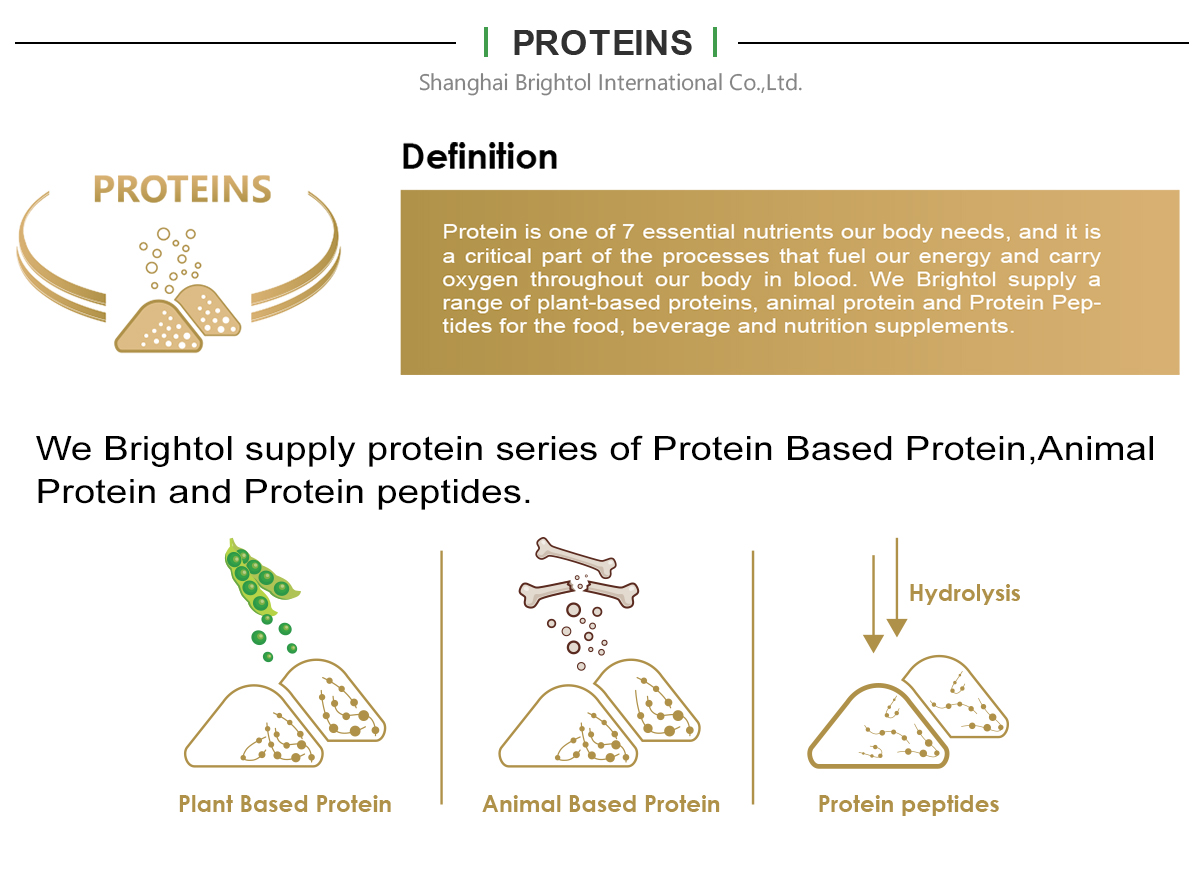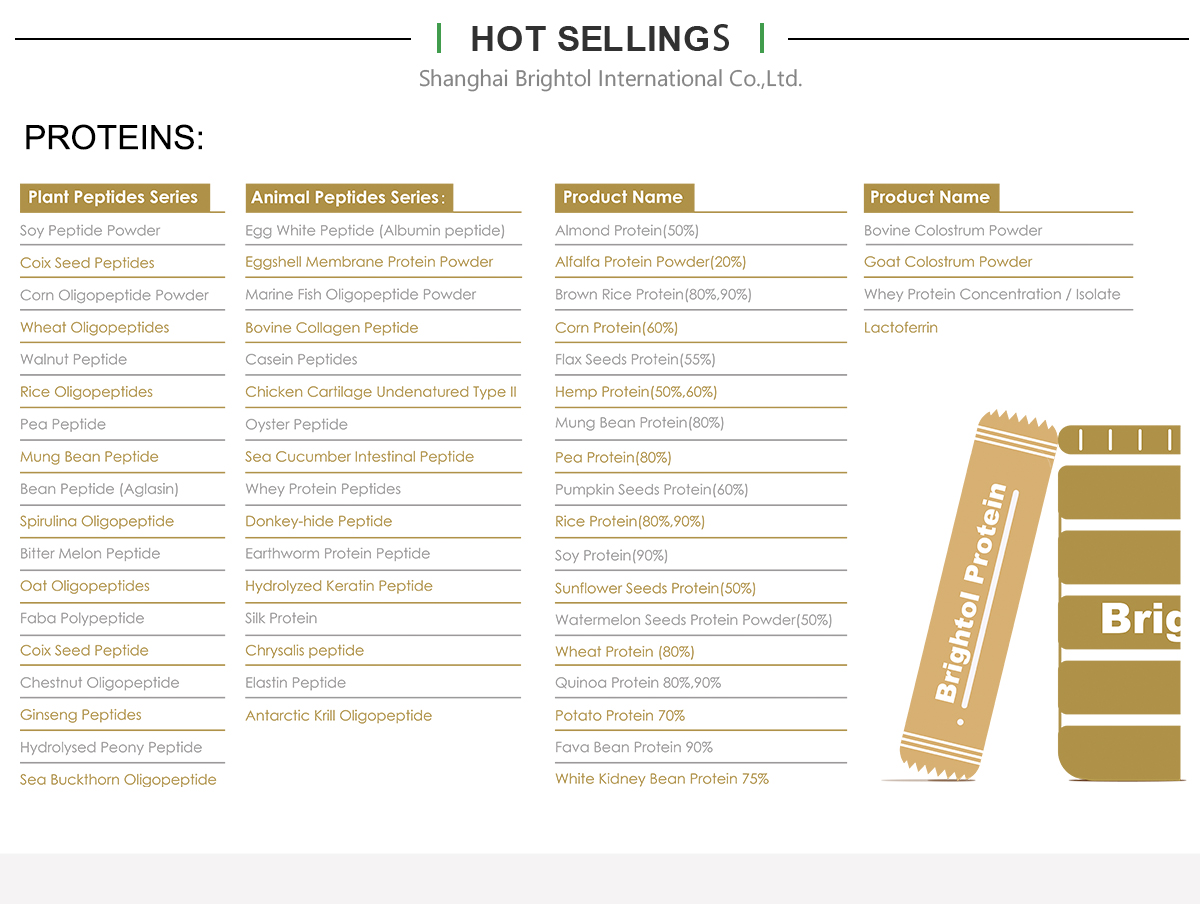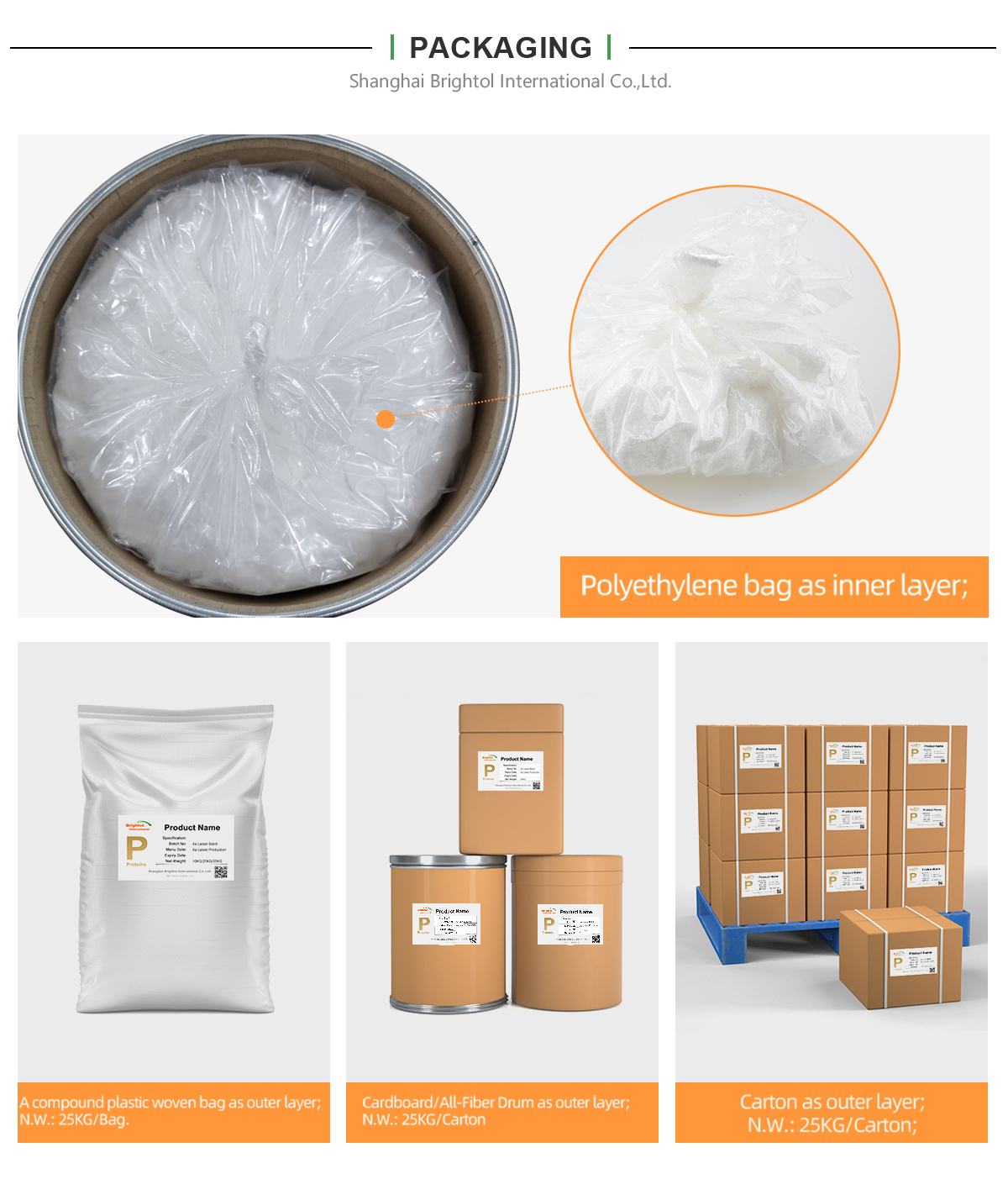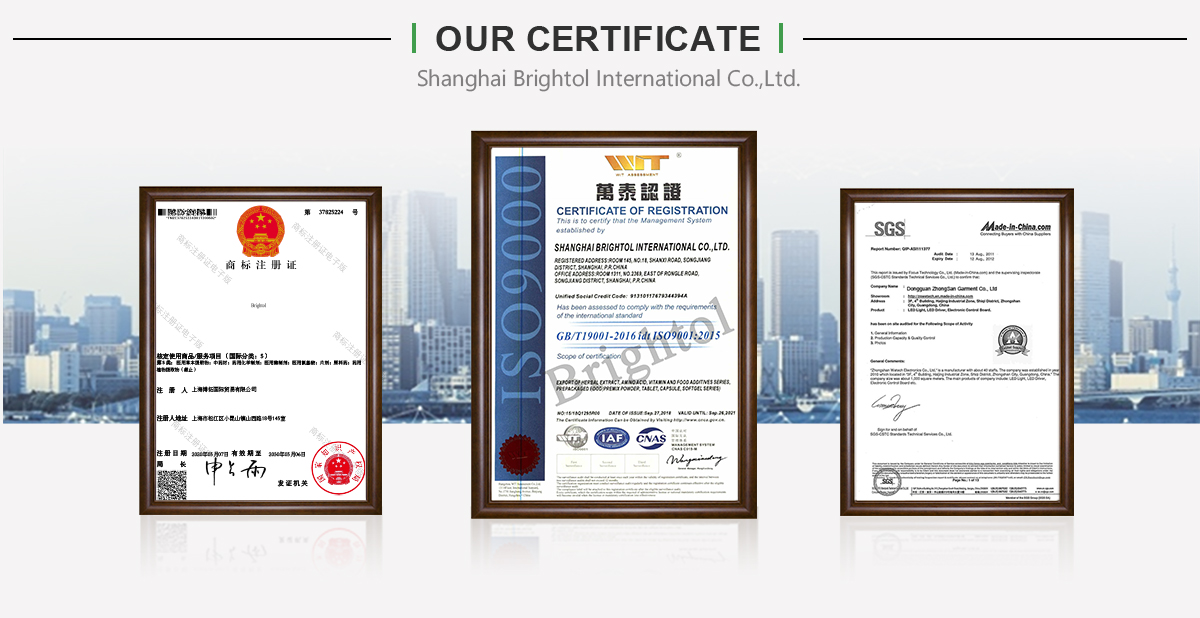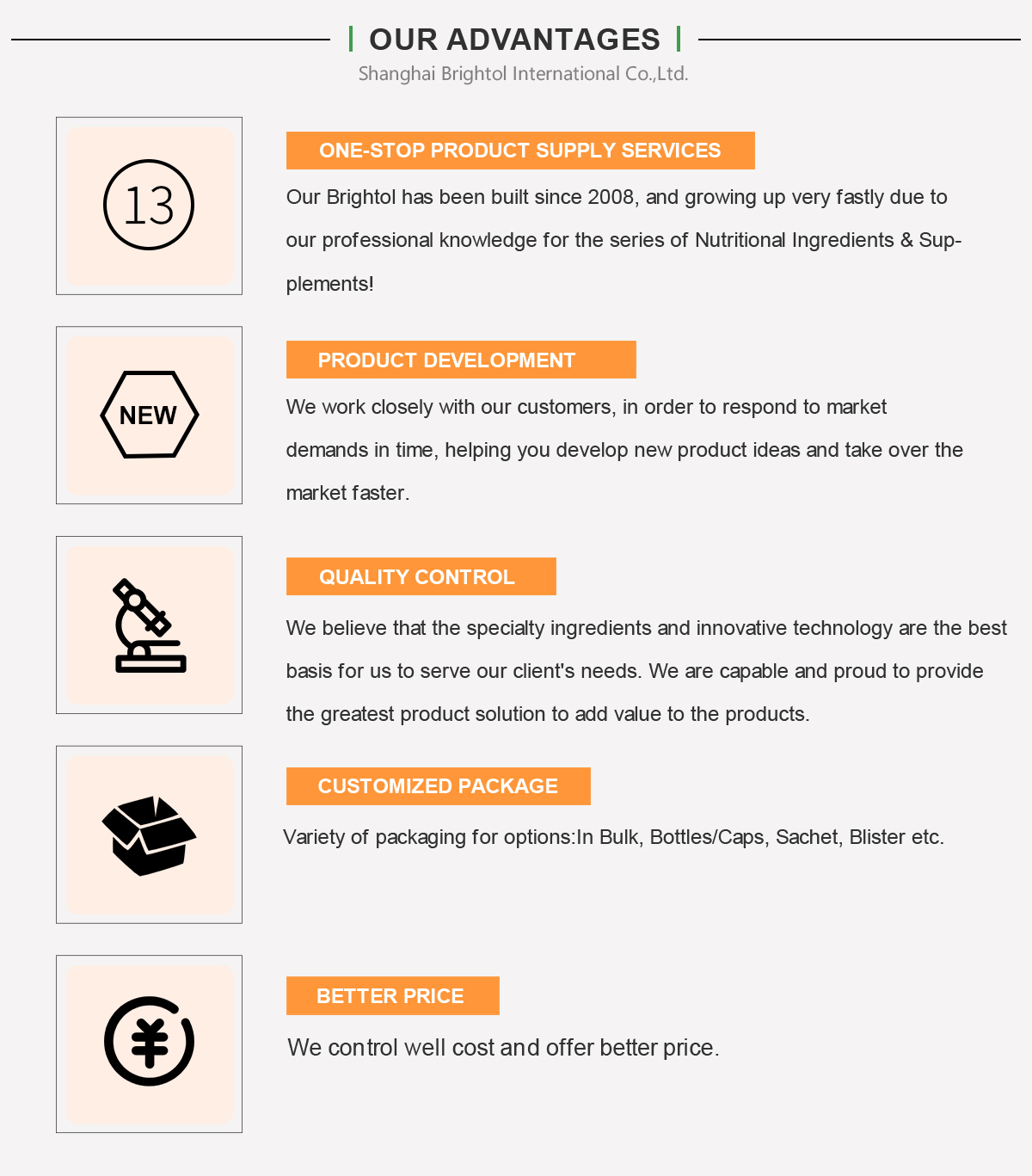

Introduction:
Rice protein is obtained from organic rice bran by the physical process like milling, separation, concentration, and drying. The protein can be isolated, resulting in a high quality, plant-based protein powder. Rice protein powder also contains a significant amount of iron, vitamin C, and a small amount of calcium. it also offers the benefits of sprouted grains, including an increase in bioavailability of vitamins5, fiber, folate, and amino acids. Rice also contains an array of antioxidants6, including phenolic acids, flavonoids, anthocyanins, among others. Such antioxidants7 can promote health by protecting cells from damaging free radicals and reactive oxygen species.
The amino acid composition of rice protein is reasonable, and the content of amino acids is high, which is incomparable to other plant proteins. Rice protein is considered to be a good food protein, which is in accordance with the ideal model of WHO/FAO. The biological value of rice protein is very high, its nutritional value is high, and it can be compared with eggs, milk and beef. In addition, rice protein is a low resistance to the original protein, will not produce allergic reaction, the production of infant food is very favorable.

 The Information of Rice Protein
The Information of Rice Protein
The amino acid composition of rice protein is reasonable, and the content of amino acids is high, which is incomparable to other plant proteins. Rice protein is considered to be a good food protein, which is in accordance with the ideal model of WHO/FAO. The biological value of rice protein is very high, its nutritional value is high, and it can be compared with eggs, milk and beef. In addition, rice protein is a low resistance to the original protein, will not produce allergic reaction, the production of infant food is very favorable.
Purity: Protein≥80%,≥90%
Specification:
|
Items |
Specification |
|
Appearance |
Light yellow powder |
|
Protein |
≥80%,≥90% |
|
Fat |
≤8% |
|
Fiber |
≤5% |
|
Total Carbohydrate |
≤8% |
|
Moisture |
≤7% |
|
Ash |
≤5% |
|
Pb (Lead) |
≤1ppm |
|
Hg |
≤0.1ppm |
|
Cd(cadmium) |
≤1ppm |
|
As (arsenic) |
≤2ppm |
|
Total aerobic microganisms |
≤50000cfu/g |
|
Mold & Yeast |
≤500cfu/g |
|
Coliforms |
≤10cfu/g |
|
Aflatoxin |
≤10ppb |
|
Orchratoxin A |
≤5ppb |
|
E.Coli |
Negative |
|
Salmonella |
Negative |
|
Staphylococcus |
Negative |
Application:
1) Rice protein is a good Functional food ingredient, nutritional supplements, food flavor enhancers, Coffee whiteners, cosmetics, personal care products.
2) Used for a broad range of industrial food application like bakery goods, whipped toppings, sausages, soups, gravies, meat products and other savory applications.
3) Rice protein can form an excellent base for the high sugar food systems like cake batters, frozen desserts, confectionery and in the fortification of soft drinks and juices.
4) Used for infant food formulations and for the restricted diets of children with food allergies.
Function:
Rice protein has a unique nutritional function, also some other health functions. Recent studies have indicated that rice protein can lower serum cholesterol levels
Storage: Well-closed container away from moisture, light, oxygen.